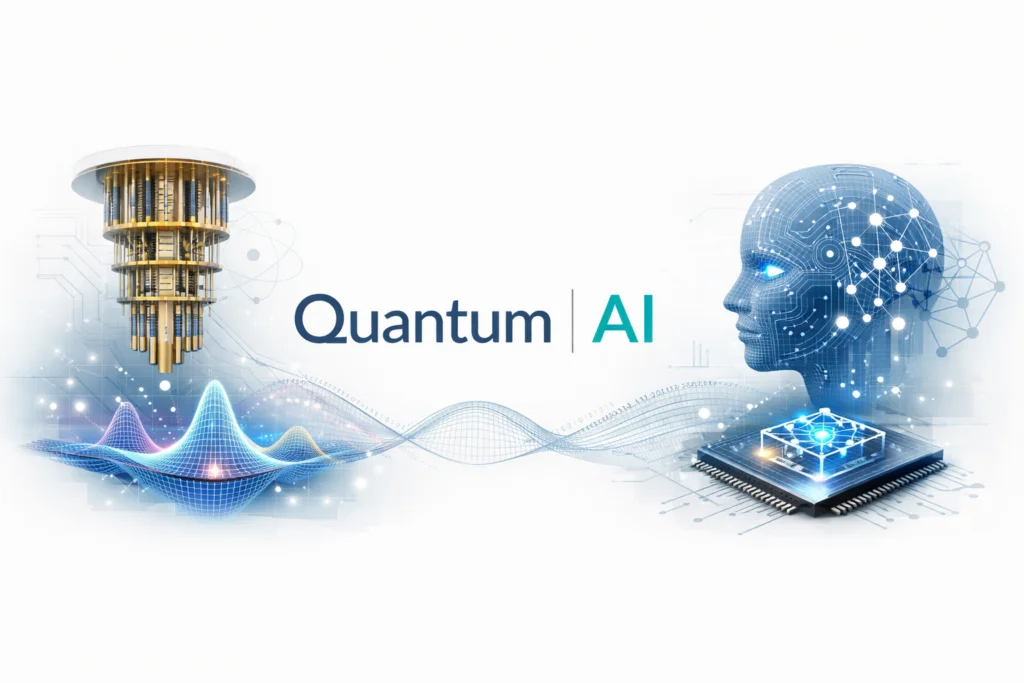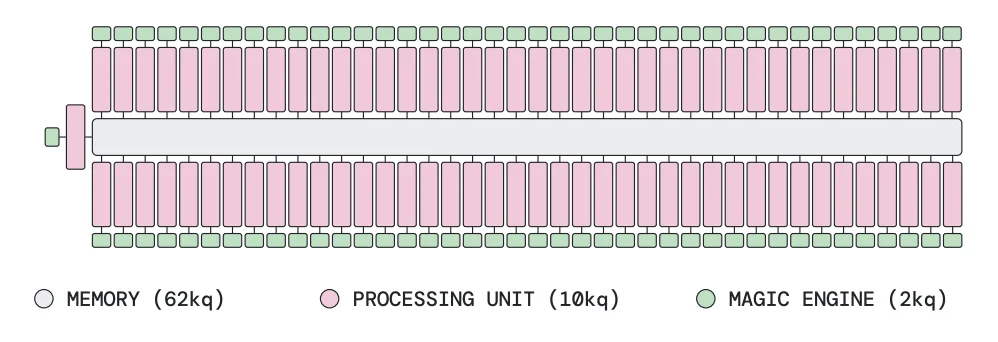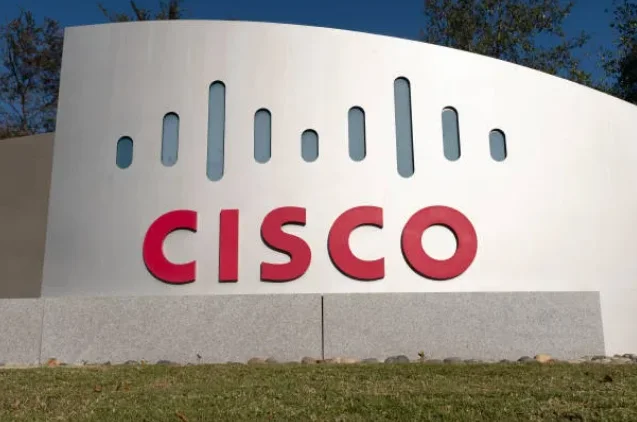Silex Systems Limited (Silex) announced the launch of an R&D project to develop a process for the commercial production of high-purity ‘Zero-Spin Silicon’ using a variant of the SILEX laser isotope separation technology, according to a company news release.
Zero-Spin Silicon (ZS-Si) is a unique form of isotopically enriched silicon required for the fabrication of next-generation processor chips which will power silicon-based quantum computers. Silex’s laser isotope separation technology has the potential to efficiently produce ZS Si to provide a secure supply of this material for Silicon Quantum Computing Pty Ltd (SQC) in support of its efforts to commercialize silicon-based quantum computing in conjunction with the University of NSW (UNSW).
Quantum computers are expected to be thousands of times more powerful than the most advanced of today’s conventional computers, opening new frontiers and opportunities in many industries, including medicine, artificial intelligence, cybersecurity and global financial systems. The ZS-Si project is also expected to be supported by contributions from UNSW. Further background to quantum computing technology, SQC and UNSW is provided in the attached appendix.
“This is a great step forward for Silex, providing a new commercialization path for a variant of our core SILEX laser isotope separation technology,” Michael Goldsworthy, Silex CEO said today. “Quantum computing is the next frontier in computing, ‘big data’ and communications technologies. We are extremely pleased to be able to launch this leading-edge project with support from SQC, a company formed to support commercialization of silicon-based quantum computing technology through investment from UNSW, the Commonwealth and NSW State Governments, Telstra and the Commonwealth Bank. We are excited to be part of the global silicon-based quantum computing opportunity and to work with Professors Michelle Simmons (2018 Australian of the Year) and Sven Rogge from UNSW.”

Simmons, who is a director of the Centre for Excellence in Quantum Computing and Communication Technology (CQC2T) and Founder and Director of SQC, added that the deal solidifies Australia’s pioneering quantum computing status.
“We are delighted to be able to contribute to this project and look forward to working with Silex” she said. “Australia is at the very forefront of silicon-based quantum computing internationally, and to maintain that lead we need a secure supply of isotopically purified silicon, which will be an essential ingredient for manufacturing commercial silicon-based quantum computers. We have been aware of Silex, and its unique expertise in isotope separation technology for some time and are excited to be working together with the aim of delivering significant economic benefit for Australia in an industry which is rapidly gaining international attention.”
The project aims to demonstrate the ability to cost-effectively produce enriched silicon in the form of ZS-Si with sufficiently high purity, and to establish the manufacturing technology and capability to scale-up production as silicon-based quantum computing gains traction globally over the next decade. Silex will retain ownership of the ZS-Si production technology and related IP developed through the project.
SQC has committed to purchase ZS-Si product from Silex, should the project be successful. Current supply of enriched silicon via conventional centrifuge production is highly constrained, costly and unreliable. The potential efficiency of the SILEX laser isotope separation technology is expected to enable higher purity ZS-Si to be produced, which will be important to the ultimate power and scalability of silicon quantum computing devices.
Success in the project would enable Australia to establish itself as the world-leader in ZS-Si production, potentially creating new jobs in advanced manufacturing and creating a new value added export market.
Background to Silicon-based Quantum Computing
Quantum computing (QC) represents a new era in computing technology and will open new frontiers and opportunities in many industries including, but not limited to, genomic medicine and advanced pharmacology, artificial intelligence, cybersecurity, global financial systems and global logistics. It is an industry that is forecast to be worth many billions of dollars by 2030 and to experience significant growth from 2030 onwards.
Australian researchers led by CQC2T and SQC, both based on the Sydney campus of UNSW, are at the forefront of global efforts to develop silicon-based quantum computers, which will be thousands of times more powerful than today’s silicon chip-based computers which utilize conventional semiconductor transistor technology. Instead of information being processed in nanometer-scale transistors with binary ‘bits’ which can have only two states (0 or 1), silicon-based quantum computer processors utilize atomic-scale quantum spin effects with ‘qubits’ which can be in multiple superimposed states at the same time, thereby dramatically increasing the processing power in a minuscule fraction of the volume.
A major challenge in the pursuit of CQC2T/SQC’s ‘silicon spin qubit’ approach (favored over other methods because of its enormous potential in terms of scalability and reliability), is the availability of the key enabling material for the silicon QC processor chip – ‘Zero-Spin Silicon’ (ZS Si).
Current methods for production of enriched silicon are very limited and costly (even for lower purity material) with only a few kilograms produced annually, mostly using gas centrifuge technology. Security of supply risks may impede scientific and commercial progress and threaten Australia’s leading position in the development of silicon-based quantum computers. This project aims to provide a solution to these supply issues by establishing a ZS-Si production capability to support the growth and leadership of the Australian QC ecosystem, and to become a global supplier of ZS-Si. QC is becoming a key issue for national security and global geopolitics, and is a high priority focus area of the Australian Federal Government.
The launch of the project was marked by the signing of a product offtake agreement between Silex and SQC, which includes SQC making three annual payments of $300,000 as an offset against future purchases of ZS-Si produced by Silex. Furthermore, SQC has signed a Subscription Agreement with Silex which will result in SQC acquiring, through a private placement, $900,000 of fully paid ordinary shares in the capital of Silex, bringing the total value of the transaction to $1.8 million. The total cost to deliver the project, including Silex’s own investment, will be determined after other potential third-party funding options have been assessed and finalized.
About Silicon Quantum Computing Pty Ltd
Silicon Quantum Computing Pty Ltd (SQC), is an Australian private company at the forefront of global efforts to build a commercial-scale silicon-based quantum computer and bring QC to market. SQC was formed in May 2017 by the Commonwealth of Australia, the University of New South Wales (UNSW), Telstra Corporation Limited, the Commonwealth Bank and the State of New South Wales, and funded with A $82.8 million, to acquire a portfolio of world leading, silicon QC intellectual property (IP) developed at the Centre of Excellence for Quantum Computation and Communications Technology (CQC2T). Since May 2017, leveraging the CQC2T IP and its own developed QC IP, SQC has been pursuing a program to build a quantum processor in silicon by assembling a world class team of quantum scientists, engineers and technicians, acquiring specialist equipment and moving into laboratory space at UNSW. In addition to its core processor technology development program, SQC is executing a strategy to ensure it can manufacture the computer.
About UNSW
UNSW is one of the leading research-intensive universities in Australia with more than 6,000 staff and world class research infrastructure. It hosts the ARC Centre of Excellence that is world leading in silicon-based quantum computing. UNSW’s Faculty of Science consists of nine schools with more than 400 staff and 700 researchers delivering world class research and innovation. UNSW scientists from the School of Physics and the School of Chemistry will assist SQC to provide the subject knowledge around quantum-material demands, testing of qubit coherence properties in the enriched silicon material and contribute to the general knowledge of quantum applications of isotopically enriched silicon.
About Silex Systems
Silex Systems Limited (Silex) is a high-tech company listed on the Australian Stock Exchange. Silex’s core expertise is in the development of laser isotope separation (LIS) technology and is the inventor of the unique SILEX laser enrichment process which is being developed as a next generation technology for the global uranium enrichment industry.













